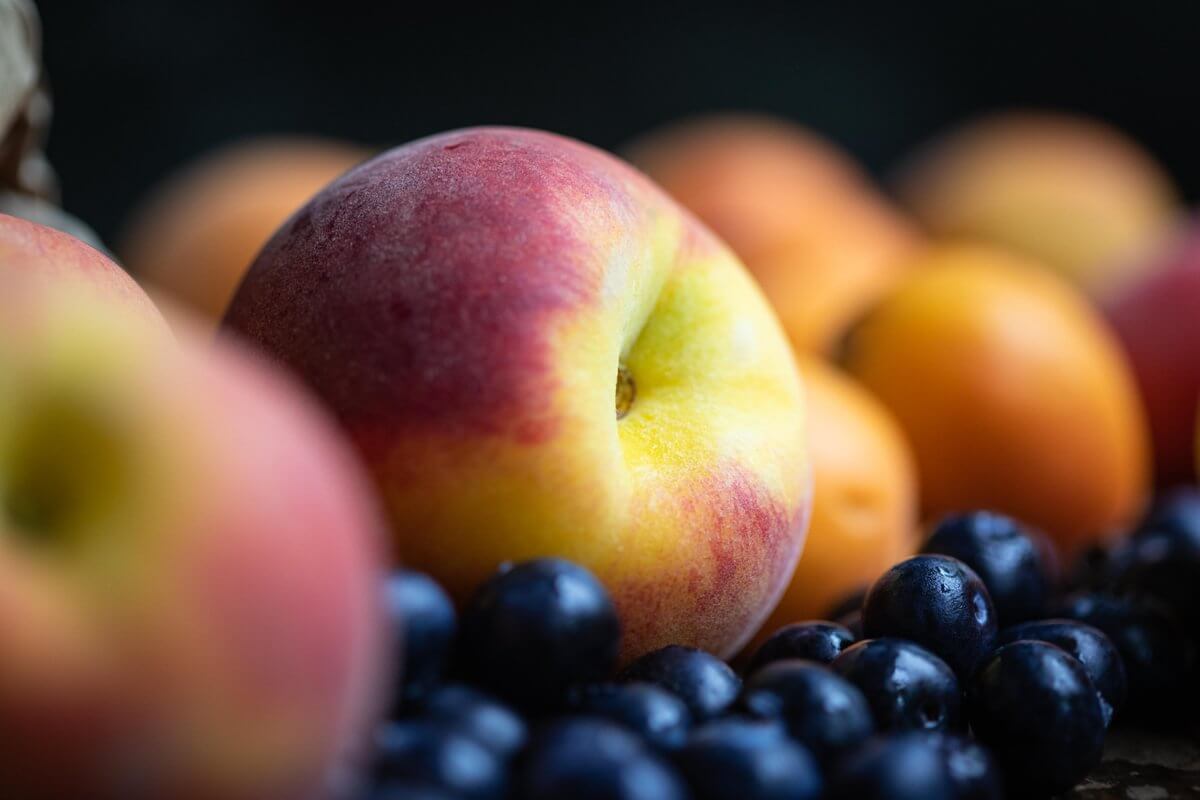Last week a report was released suggesting that the EU’s proposed ban of a range of pesticides would have devastating consequences for farming and food prices. A little scratching reveals that the report was co-commissioned by the National Farmers’ Union (NFU), alongside manufacturers and suppliers of chemical pesticides and herbicides.
I may be a white, male farmer, fairly well off and getting on a bit, but I don’t feel represented by the NFU. In fact I find myself increasingly alienated by their self-righteous lobbying for the short term interests of a small number of largescale farmers. This especially applies to their resistance to any representation of the interests of the tax payers who prop up their industry; to even the tamest environmental regulation; to public access to land; and to any redirection of farming subsidies to encourage younger, smaller scale entrants to the industry.
For 60 years, farming policy in the developed world has been led by the agrochemical industry; whatever the problem, the solution is to be found in a chemical container. No-one could question that food has become cheaper as a result, but the costs in terms of a devastating loss of biodiversity, where bees and songbirds now thrive better in cities than the countryside, cannot be denied. I wonder where we might be if a fraction of the agrochemical research funds had gone into understanding the ecology of our soils, crops, pests and countryside. In glass houses, where insect pressure is at its highest, insecticide resistance and increased regulation has forced growers to develop alternative methods with huge success. It’s not easy but with patience, observation and learning, a more ecological approach to pest management is possible.
I believe that a countryside where highly skilled farmers who embrace GPS technology, mechanisation and ecology to facilitate mixed farming is possible. Our industry should be learning from nature, employing only subtle and minimal intervention with chemicals. I suspect that will remain a dream for now and I don’t expect the NFU or their unholy alliance with pesticide manufacturers to help us get closer to it. Meanwhile, we are doing well enough without chemicals that many of you will get extra leeks in your box this week.












0 Comments